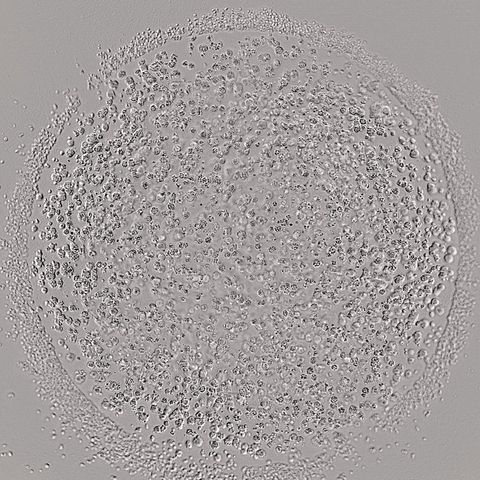Cancer drug resistance causes and categories identified

Download and listen anywhere
Download your favorite episodes and enjoy them, wherever you are! Sign up or log in now to access offline listening.
Description
Researchers have mapped the genetic landscape of cancer drug resistance, uncovering that DNA changes can be grouped into four main categories and highlighting possible new therapeutic targets. All cancer mutations...
show moreAll cancer mutations that cause drug resistance fall into one of four categories. New research has detailed each type, helping to uncover targets for drug development and identify potential effective second-line therapies.
In a new large-scale study, researchers from the Wellcome Sanger Institute, EMBL’s European Bioinformatics Institute (EMBL-EBI), Open Targets, and collaborators used CRISPR gene editing to map the genetic landscape of drug resistance in cancers, focusing on colon, lung, and Ewing sarcoma. The team explains how known mutations impact drug resistance and highlights new DNA changes that could be explored further.
The research, published today (18 October) in Nature Genetics, investigated the effect of mutations on the sensitivity to 10 cancer drugs, also identifying possible effective second-line treatments based on a person’s genetic makeup.
By understanding the mechanisms of how cancers become resistant to treatment, researchers can identify new targets for personalised therapies, help treat patients based on their cancer’s genetic makeup, give second-line treatment options to those who currently have none, and help further research to develop next-generation cancer drugs that could avoid drug resistance emerging.
Information
| Author | Wellcome Sanger Institute |
| Organization | Wellcome Sanger Institute |
| Website | - |
| Tags |
Copyright 2024 - Spreaker Inc. an iHeartMedia Company
